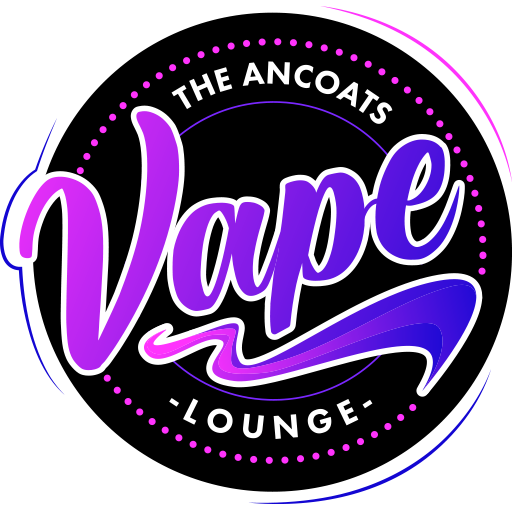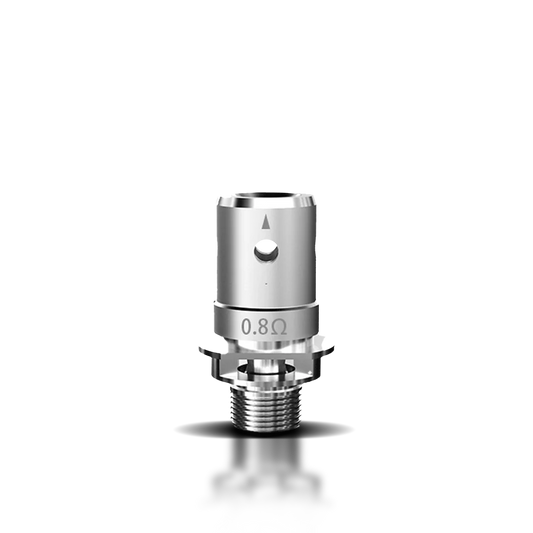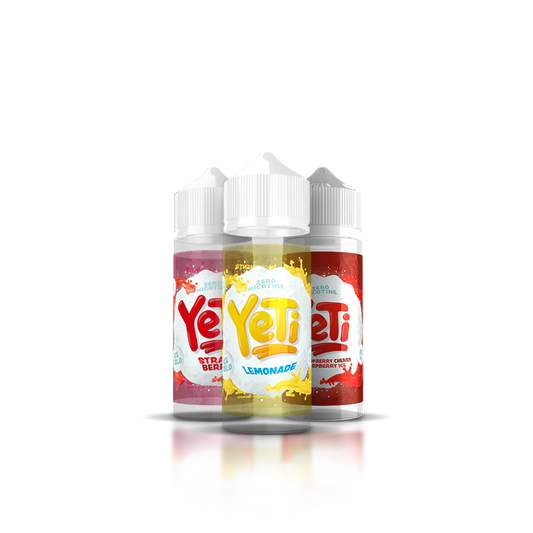
Vitamin E acetate and the 2019 US vape scare: lessons for the UK
In 2019, headlines across the world warned of a mysterious vaping illness sweeping the United States. People were hospitalised with lung injuries, some even died, and the public narrative turned hostile. Vaping, once promoted as a harm reduction tool, was suddenly branded a killer. The scare became known as EVALI, or e cigarette and vaping associated lung injury. But behind the headlines was a crucial detail that was often buried or ignored, the real culprit was not regulated nicotine e liquids but vitamin E acetate, an additive found in black market THC cartridges. This distinction matters, especially for vapers in the UK who need to understand why the scare happened and what lessons apply here.
What is vitamin E acetate?
Vitamin E acetate is a thick oil often used in cosmetics and dietary supplements. When applied to the skin or consumed orally it is safe. The problem arises when it is inhaled. Its sticky nature can coat the lungs, disrupting normal function and triggering severe respiratory issues. In 2019, investigators discovered that many illicit cannabis vapes in the US contained vitamin E acetate, added as a cutting agent to dilute THC oil and increase profit margins. This shortcut came at the cost of consumer safety, creating one of the biggest vape related health scares in history.
How the scare unfolded in the US
By late 2019, thousands of cases of lung injury were reported across America. The symptoms included coughing, chest pain, nausea and shortness of breath. Media outlets rushed to label vaping itself as the cause. Anti vaping groups amplified the message, and politicians seized the moment to push for stricter bans. Only later did the US Centres for Disease Control confirm that vitamin E acetate in illicit THC vapes was the consistent factor in the outbreak. Yet by then, the damage to vaping’s reputation was done. The phrase vaping illness stuck in the public imagination, even though nicotine e liquids sold through legal channels were not responsible.
How the UK responded
In the UK, regulators and health bodies were quick to clarify that the situation was different. Nicotine e liquids in Britain are tightly controlled under the Tobacco and Related Products Regulations. Ingredients must be disclosed, certain additives are banned and products are tested before sale. Vitamin E acetate is prohibited in UK e liquids. Public Health England stated clearly that the US outbreak was linked to illicit THC products, not regulated nicotine vapes. This distinction highlights the importance of regulation and trusted supply chains. It also shows how misinformation can spread faster than fact, especially when fear is involved.
Media responsibility and misinformation
The 2019 scare is a case study in how media narratives can mislead. Instead of clearly distinguishing between illegal THC cartridges and legal nicotine e liquids, many headlines painted vaping itself as the problem. This left smokers confused, some even returned to cigarettes believing they were safer. Harm reduction experts criticised the coverage as reckless, arguing that it undermined years of progress in shifting smokers to less harmful alternatives. The lesson is that clear communication matters, and vapers must be equipped to separate fact from fear when reading about risks.
Why regulation matters
One of the key lessons from the vitamin E acetate crisis is the value of regulation. In unregulated markets, profit often trumps safety, leading to shortcuts like adding oils that should never be inhaled. In the UK, the regulatory framework prevents such practices by enforcing ingredient disclosure, safety testing and product registration. Shops like Vape Lounge UK source only compliant products, ensuring customers are protected from dangerous additives. This is not about bureaucracy, it is about safeguarding public health while allowing choice.
Harm reduction versus prohibition
The EVALI crisis reignited debates about prohibition. Some argued that vaping itself should be banned, ignoring that prohibition in the US helped create the black market conditions where vitamin E acetate thrived. Harm reduction advocates countered that regulating and supporting safer alternatives reduces demand for risky unregulated products. The UK’s approach, focusing on regulation rather than prohibition, shows that a balanced framework protects consumers without driving them into unsafe markets. This is an important lesson as new debates about disposable vapes and flavour bans continue today.
What UK vapers should take from the scare
- Buy only from trusted retailers who comply with UK regulations.
- Be wary of unregulated imports or black market products, especially those claiming high THC content.
- Understand that harm comes not from nicotine itself but from unsafe additives and unregulated supply chains.
- Stay informed about public health guidance and question alarmist headlines.
How to counter misinformation
Myths spread quickly, facts spread slowly. For vapers, being informed means being ready to push back when someone says vaping caused the 2019 lung crisis. Sharing accurate information protects harm reduction progress and helps smokers understand the real risks. Misinformation not only damages vaping’s reputation, it also discourages smokers from switching. That costs lives. Education is the antidote to fear, and the vitamin E acetate story is proof of why it matters.
The bigger picture
The vitamin E acetate scare is not just about vaping. It is about how societies handle new technologies, how media frames narratives and how regulation shapes safety. It shows what happens when black markets thrive, when consumers lack trust and when public debate is driven by panic rather than evidence. For the UK, the lesson is clear, protect consumers through strong regulation, educate the public with facts and keep harm reduction at the heart of policy.
Final thoughts
The 2019 US vape scare should never have been about nicotine vaping, yet it reshaped public opinion globally. Vitamin E acetate was the villain, not the devices or liquids sold legally in the UK. But myths still linger, and vapers must stay vigilant. The lesson for Britain is simple, support regulation, buy from trusted sources and resist fear based narratives. Harm reduction only works when truth is louder than panic.
Join the conversation and explore more
Were you vaping during the 2019 scare? Did it change how people around you talked about vaping? Share your experience, join the debate and help set the record straight.
Looking for safe, regulated products? Visit Vape Lounge UK and browse our range of e liquids, nicotine salts, shortfills, devices and accessories. Every product is compliant, tested and ready to support harm reduction safely.
If you prefer the in person experience, come visit us at 147 Great Ancoats Street, Manchester M4 6DH or 71 Stafford Street, Stoke on Trent, ST1 1LW. You can also reach us at hello@vapelounge.uk or 0161 637 6066. We are here to help you cut through the noise and enjoy vaping with confidence.






